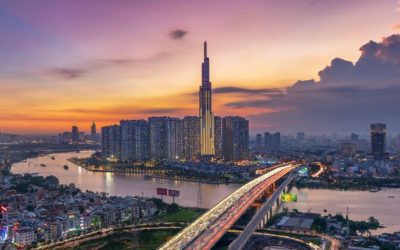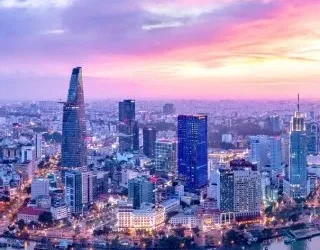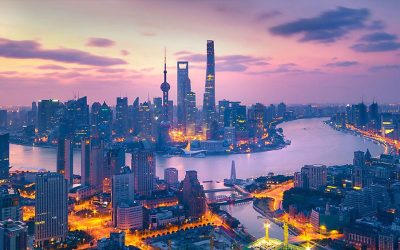Amid China’s heavy supply chain disruption, Apple is moderately shifting its assembly line to another prospective emerging market — Vietnam. In recent days, Vietnam has become one of the top fast-growing production hubs attracting tremendous investment from overseas. Gaining the advantages of a resilient economy albeit the pandemic outbreak along with a low-wage workforce and competitive logistics cost, foreign businesses like Apple are attempting to expand their infrastructure in Vietnam.
Why is Apple moving to Vietnam?
In alignment with “China-Plus-One” global business strategy, the gradual relocation of Apple Watch and Mac production line to Vietnam is a part of Apple’s attempt to broaden its global value chain and take the edge off reliance on China, per JPMorgan analysis. On top of that, some of its iPad and AirPods manufactures have been moved to Vietnam since China’s “zero-COVID” policy led to repeated lockdowns, bringing about global repercussions and instability. iPad is reported to be the only segment confronting a downturn in sales revenue by 1.92% year over year, per CNBC. And the shift in production may create positive signals of iPad sales recovery. The tech giant also seeks for new sources of supply to ensure supply continuity and persistence to meet extensive demand worldwide.
Why North American companies should think about Vietnam?
In 2021, manufacturing has received the highest FDI that outperforms other leading sectors, reaching almost 250,000 million U.S. dollars in investment, contributing a great proportion to the national GDP growth rate in the recent decade.

Vietnam’s annual growth rate has been recorded at around 6 to 7 percent fostered by a rapid and constant rate of FDI since 2019. Reflecting through the lens of foreign direct investment, Vietnam has been foreseen to become a great potential manufacturing hub for North American companies owing to attractive policies, Free Trade Agreements (FTAs) and regulations for foreign enterprises that embrace shift acceleration. There have been a number of push factors that foster business confidence to enter Vietnam including European Union Vietnam Free Trade Agreement (EVFTA); UK-Vietnam Free Trade Agreement (UKVFTA); Comprehensive and Progressive Agreement for Trans-Pacific Partnership (CPTPP); Regional Comprehensive Economic Partnership (RCEP).
On top of that, business-friendly policies and regulatory environment has made doing-business process much easier thanks to Vietnam’s economic integration internationally strengthened by the privilege of being a member of the World Trade Organization (WTO). The stability in political climate and socio-economic condition reinforced by the fact of being as a unitary single-party state does facilitate sustainable business thrive when operating in Vietnam
Advantages of manufacturing in Vietnam
In recent day, manufacturing in Vietnam has arisen as a growing trend. Proximity to China with both land and sea borders brings substantial benefit in the aspect of relocation and infrastructure development cost. Furthermore, favorable shipping routes offered by geographical location advantage do streamline the global supply chain in the manner of operational capacity. With regard to workforce availability, Vietnam possesses a skillful and low-cost labor pool spreading over three counterparts of the country: northern, central and southern regions, which allows investors to access to wide range of talents meeting competition and recruitment demand. In comparison with other regional Southeast Asian countries, Vietnam gains its competitive advantage through tax exemption policies to encourage manufacturing activities, easing factory set-up fees, taxes as well as administrative procedures with local authority.
Conclusion
In all, Vietnam is a prospective relocation alternative for overseas investors as a dynamic manufacturing hub reinforced by relaxed policies along with abundant resources. However, reckoning with the challenge of sustaining the growth while tackling any setbacks, including unpredictable circumstances like trade shocks, environmental regulations and land-use restrictions, conducting thorough due diligence is of necessity to drive long-term business success in Vietnam.


